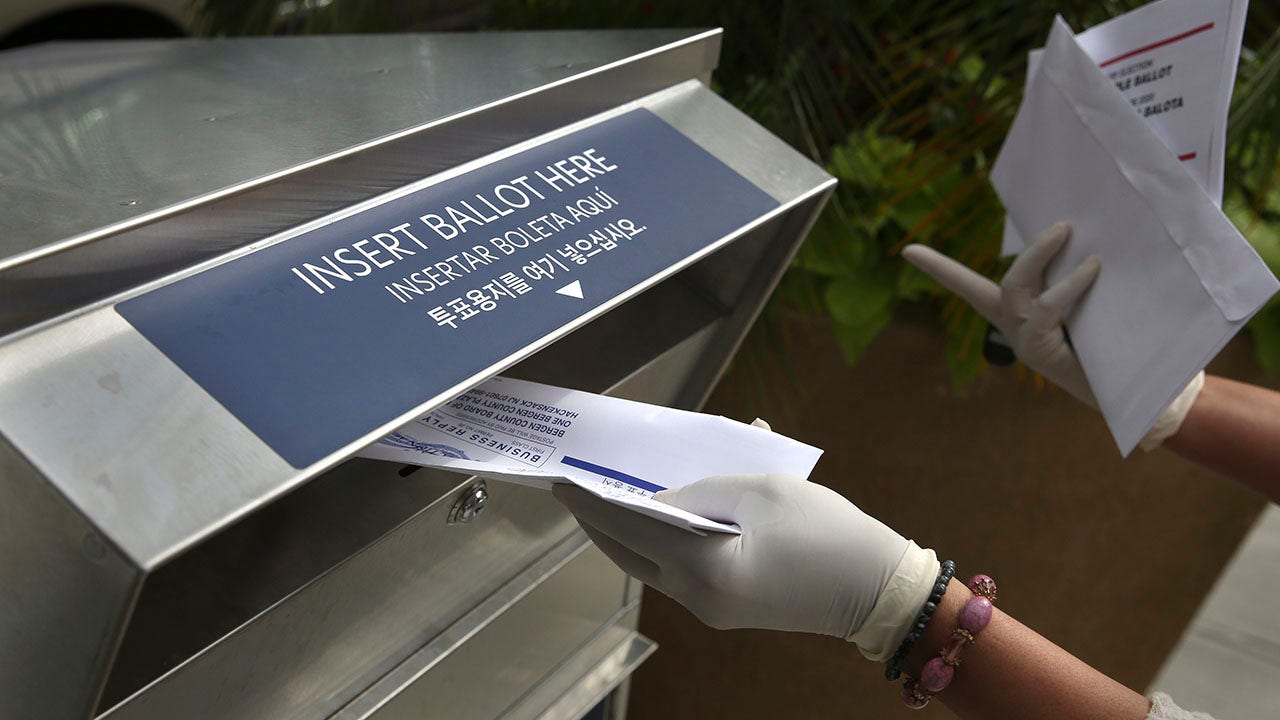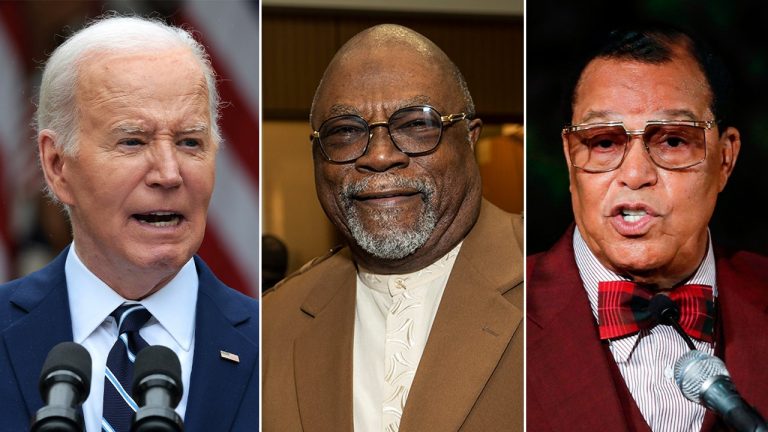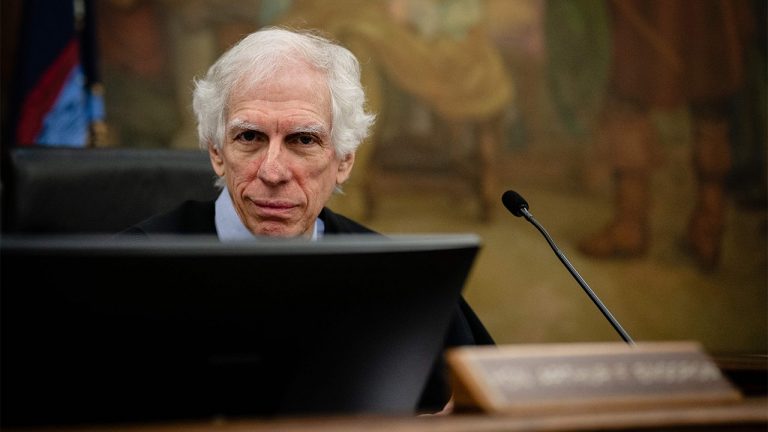What Democrats and Republicans think of ranked choice voting
Ranked choice voting (RCV) has been a topic of debate in recent elections, with proponents praising it for enhancing the electoral process and encouraging voter engagement, while critics argue that it can benefit extreme and wealthy candidates. The practice, which has gained traction in states like Alaska, Maine, and Virginia, involves multiple rounds of tabulation after voters rank their candidates in order of preference.
During the first round of tabulation, the candidate with the fewest “first votes” is eliminated, and the “second votes” of their supporters are redistributed to the remaining candidates. This process continues until a winner is determined. The use of RCV has led to mixed reactions among politicians and voters across different states.
In Virginia, Republicans utilized RCV in their 2021 gubernatorial primary, resulting in Glenn Youngkin winning the nomination. The strategic implementation of RCV was credited with causing a political shakeup in the state, with Youngkin and other Republican candidates securing victories previously held by Democrats.
However, in Alaska, there has been pushback against RCV, with critics claiming that it can lead to unexpected outcomes, such as the election of candidates perceived as extreme or outside the mainstream. The debate over the effectiveness of RCV has stirred controversy in the state, with calls for its repeal gaining momentum.
Proponents of RCV argue that the system promotes a more inclusive electoral process, allowing candidates from diverse backgrounds and ideologies to compete on a level playing field. They point to instances where RCV has resulted in surprising wins for candidates who may have been marginalized in traditional election systems.
Despite the differing opinions on RCV, its impact on election outcomes and voter participation cannot be ignored. As states continue to consider the adoption or repeal of RCV, the debate over its merits and drawbacks is likely to persist. Ultimately, the goal of any election system should be to ensure fair representation and participation for all voters, regardless of their political affiliations.








